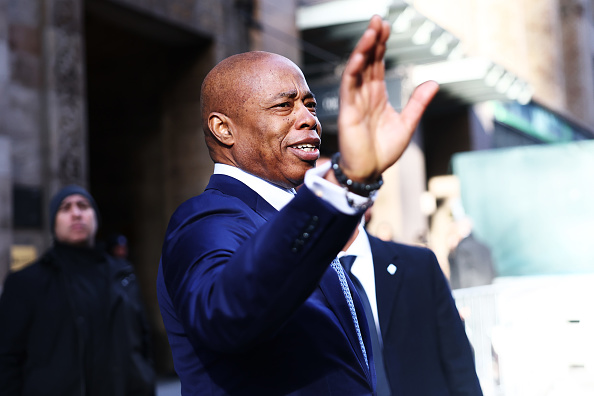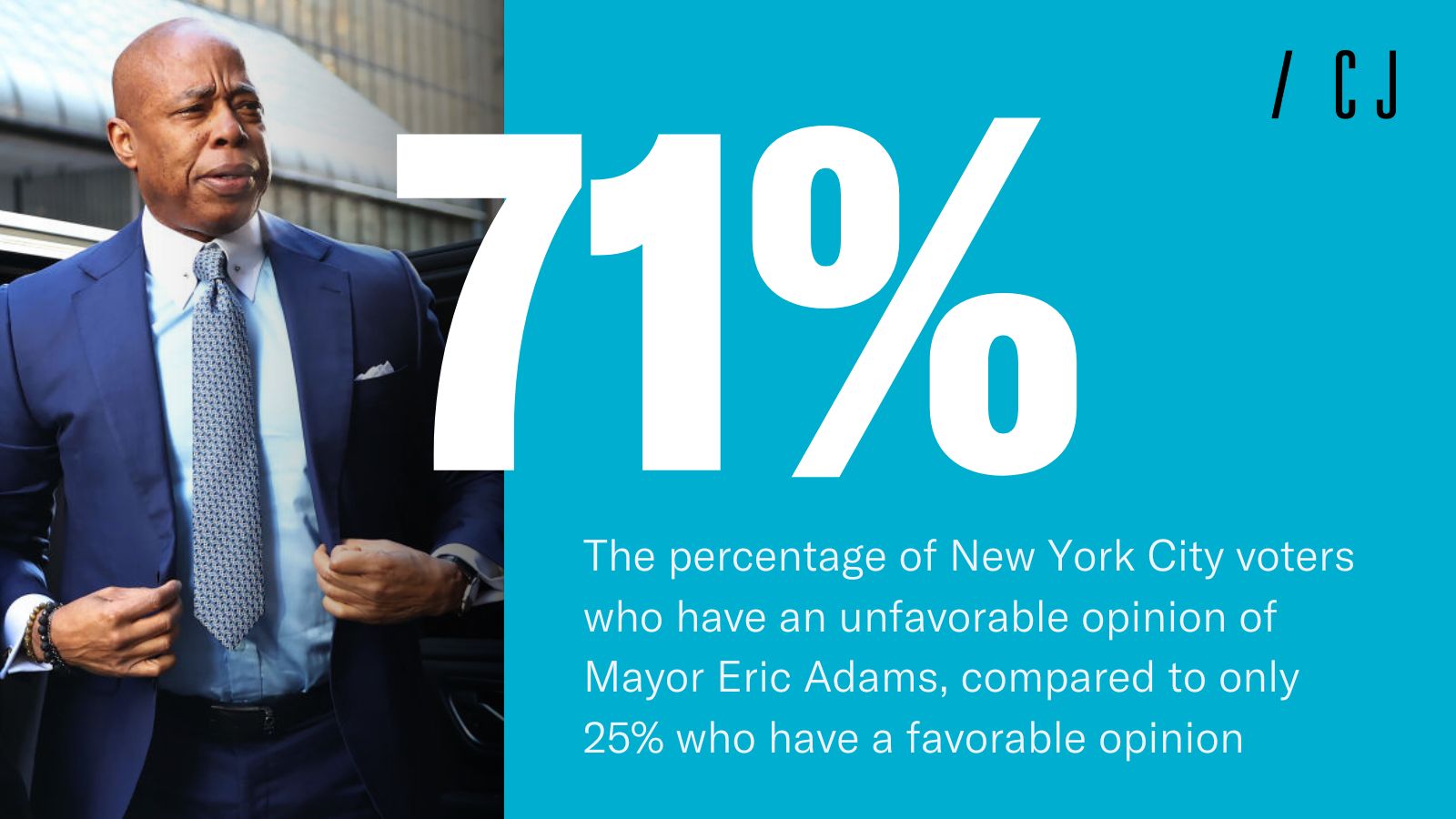|
Forwarded this email? Sign up for free to have it sent directly to your inbox. |
|
|
Good morning,
Today, we’re looking at why the DOJ was right to drop its criminal case against Eric Adams, how to dismantle the Department of Education, Elon Musk’s (entirely legal) government crusade, and a new bill that would give Trump more power over tariffs.
Don’t forget to write to us at editors@city-journal.org with questions or comments. |
|
|
This week, the Department of Justice announced that it was dropping its criminal case against New York City mayor Eric Adams, who was indicted last year on charges of bribery and wire fraud.
Its reasoning? That the former U.S. Attorney who brought the case was punishing Adams for speaking out against “the prior Administration’s immigration policies before the charges were filed.” In other words, the charges were political. That may or may not be true, but Adams indeed spoke out in defense of his city, which has seen the arrival of more than 120,000 migrants from around the world and spent billions to house and feed them. “Adams can push back against claims that he has cozied up to President Trump by responding—correctly, as it happens—that the city needs federal assistance, the White House is currently riding high, and it benefits New York to have a mayor who knows where the city’s bread is buttered,” writes Seth Barron. “Let Adams make his case to the electorate without the threat of prison hanging over his head.”
Read the piece here. |
|
|
| Now he can make his case to the electorate without the threat of prison hanging over his head. |
|
|
Donald Trump has a chance to do what some previous Republican presidents promised but failed to achieve: dismantling the Department of Education. For decades, the department and its proxies have pushed left-wing content into America’s schools on the taxpayer’s dime. Trump and his cost-cutting ally, Elon Musk, are poised to put a stop to it.
The DOE is a complicated department, however, and winding down its operations will require a multifaceted approach. Christopher Rufo argues that Trump should offload the department’s student-loan portfolio to an independent financial entity, block-grant its K-12 funding to the states, and defund its network of NGOs, which “have become hotbeds of progressive identity politics.”
The time for action is now, Rufo writes, “as major change is best enacted when an administration enjoys high public approval.” Read the piece here. |
|
|
Love him or hate him, Elon Musk’s activities within the Trump administration are well within the law, writes City Journal contributing editor John O. McGinnis. Musk is a special government employee of the Department of Government Efficiency, a position that allows him to see government payments and make recommendations but not act on them himself.
As unhappy as Democrats may be about Musk’s appointment, it reflects what voters wanted when they elected Donald Trump. “Trump rode back to the White House on a promise to disrupt entrenched dysfunction and restore American greatness rooted in individual opportunity and national ambition,” McGinnis writes. “In Musk, he has found a kindred spirit, whose career exemplifies these ideals.”
|
|
|
President Trump views tariffs as a key negotiating tool, as he aims to rebalance trade flows by leveraging America's massive import market. The Trump administration has threatened tariffs on Mexico and Canada to address drug and immigration issues, showcasing tariffs’ power in diplomacy. But executive flexibility is one of the keys to success for Trump’s high-stakes trade policy, writes Fred Bauer.
West Virginia representative Riley Moore has proposed a bill to give the president that flexibility: the U.S. Reciprocal Trade Act (USRTA). The bill would grant the president broad authority to impose tariffs on nations that levy higher tariffs on the same kinds of U.S. goods, or—perhaps even more importantly, writes Bauer—on nations that erect non-tariff barriers against U.S. products. If the Republican-controlled Congress passes the bill, it would solidify the GOP’s shift from free-trade policies to a more aggressive, executive-led approach.
Read his piece here. |
|
|
A quarterly magazine of urban affairs, published by the Manhattan Institute, edited by Brian C. Anderson. |
|
|
Copyright © 2025 Manhattan Institute, All rights reserved. |
|
|
|




